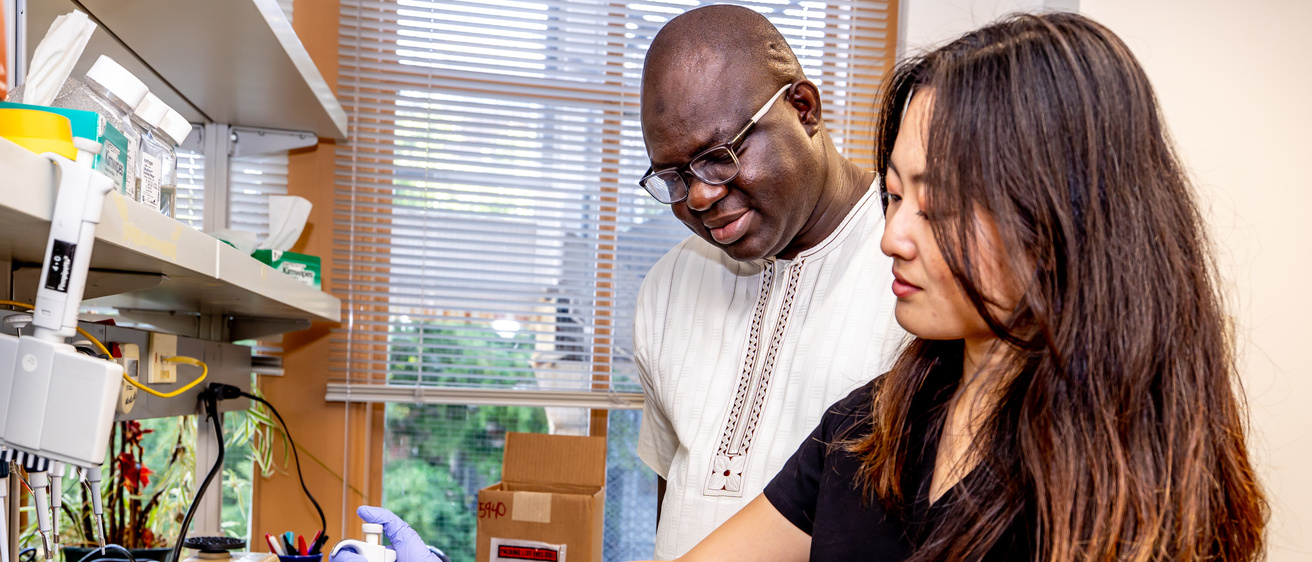Azeez Butali, the Gilbert E. Lilly Professor of Diagnostic Sciences at the University of Iowa, is a global leader in cleft lip and palate research and the world’s foremost expert in the genetics of these conditions in African populations. As part of his research mission, he has also spearheaded the formation of a diverse, international network of researchers in Africa and the US to develop, refine, and apply their findings for the benefit of African populations and their genetic descendants.
Cleft lip and palate are common birth defects that affect millions of people around the world. They can cause a range of problems, including difficulty eating, speaking, and hearing. There is no cure for cleft lip and palate, but the conditions can be treated with surgery and other therapies.
Butali's research is focused on understanding the genetic factors that contribute to cleft lip and palate by studying the genomes of people with these conditions. In doing so, he has helped identify genes, specifically for African populations, that cause clefting. Cleft lip and palate account for a significant proportion of neonatal birth defects in Africa, but prior to Butali’s groundbreaking work, there was very little data on the genetic causes of the condition for this population.
Butali has also made these findings relevant to affected children and families–whether that’s supporting families through cultural challenges unique to an African context, addressing mental health and quality of life, or improving access to available care for those affected.
To make the most of what’s needed for these children and families, however, required more than the work of one researcher, and that’s why Butali, over the course of a little over a decade, has made Iowa a destination location for training a diverse, international network of researchers in Africa and around the world; all of whom are committed and working to improve the lives of affected families.
“Since I first came to Iowa in 2008, the research support teams in Carver College of Medicine and the College of Dentistry and their supportive and committed departmental and collegiate administration and leadership have made profound contributions to our international research network that have and will continue to affect countless families, and I am thankful to be part of this ongoing work,” Butali said proudly.
